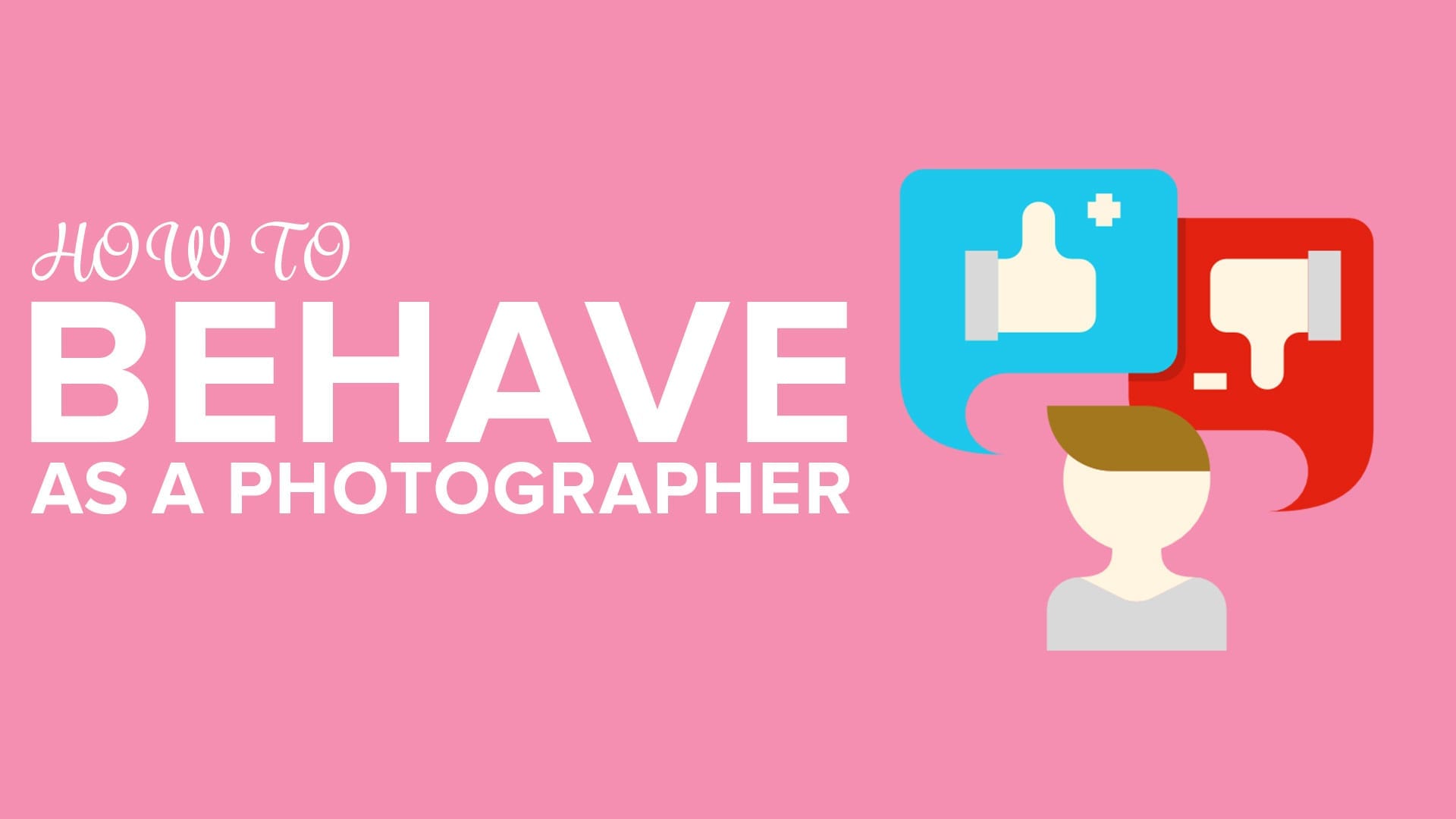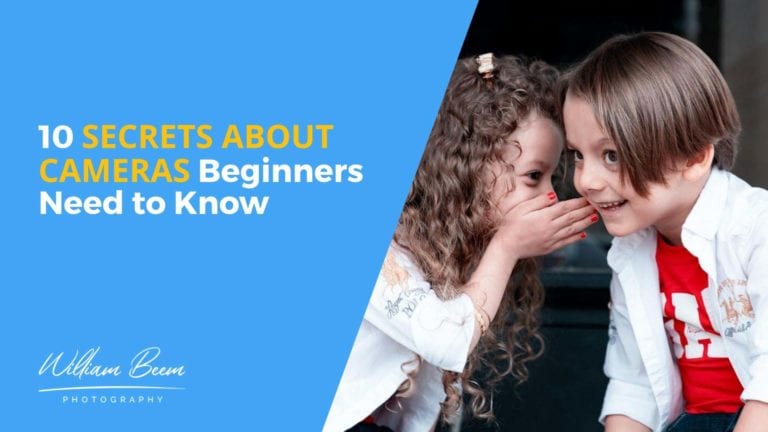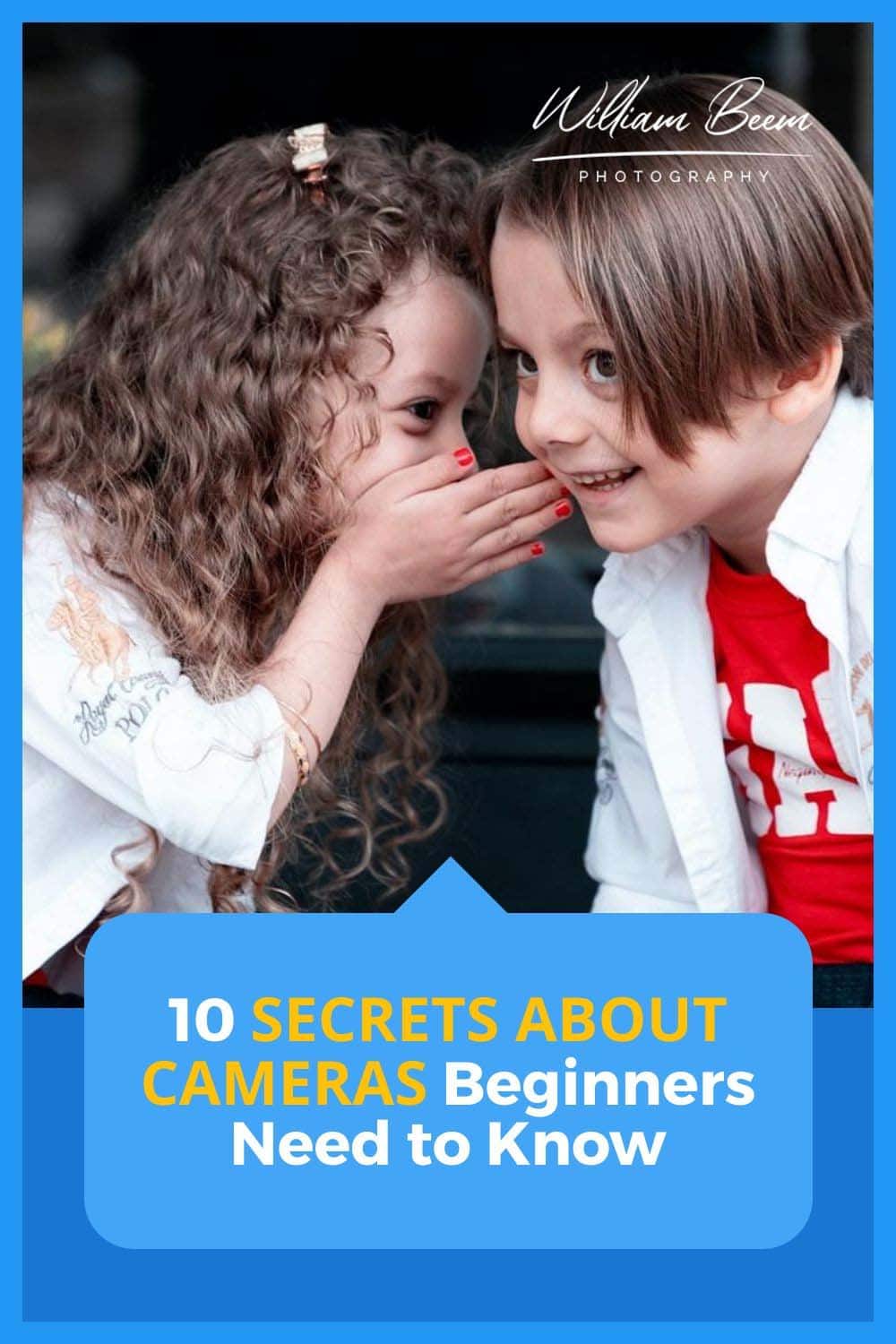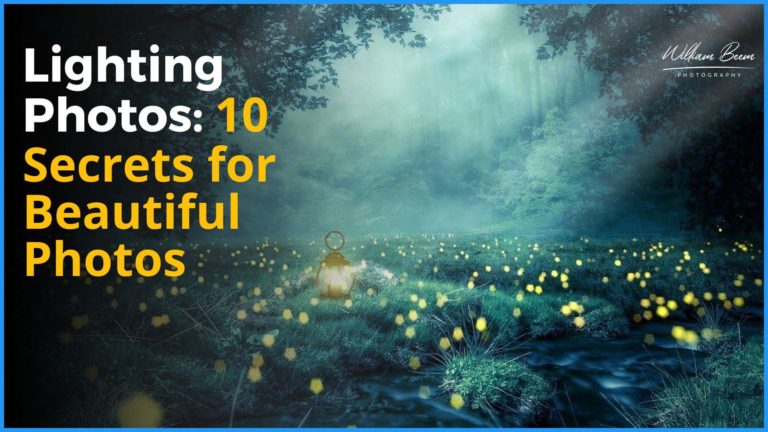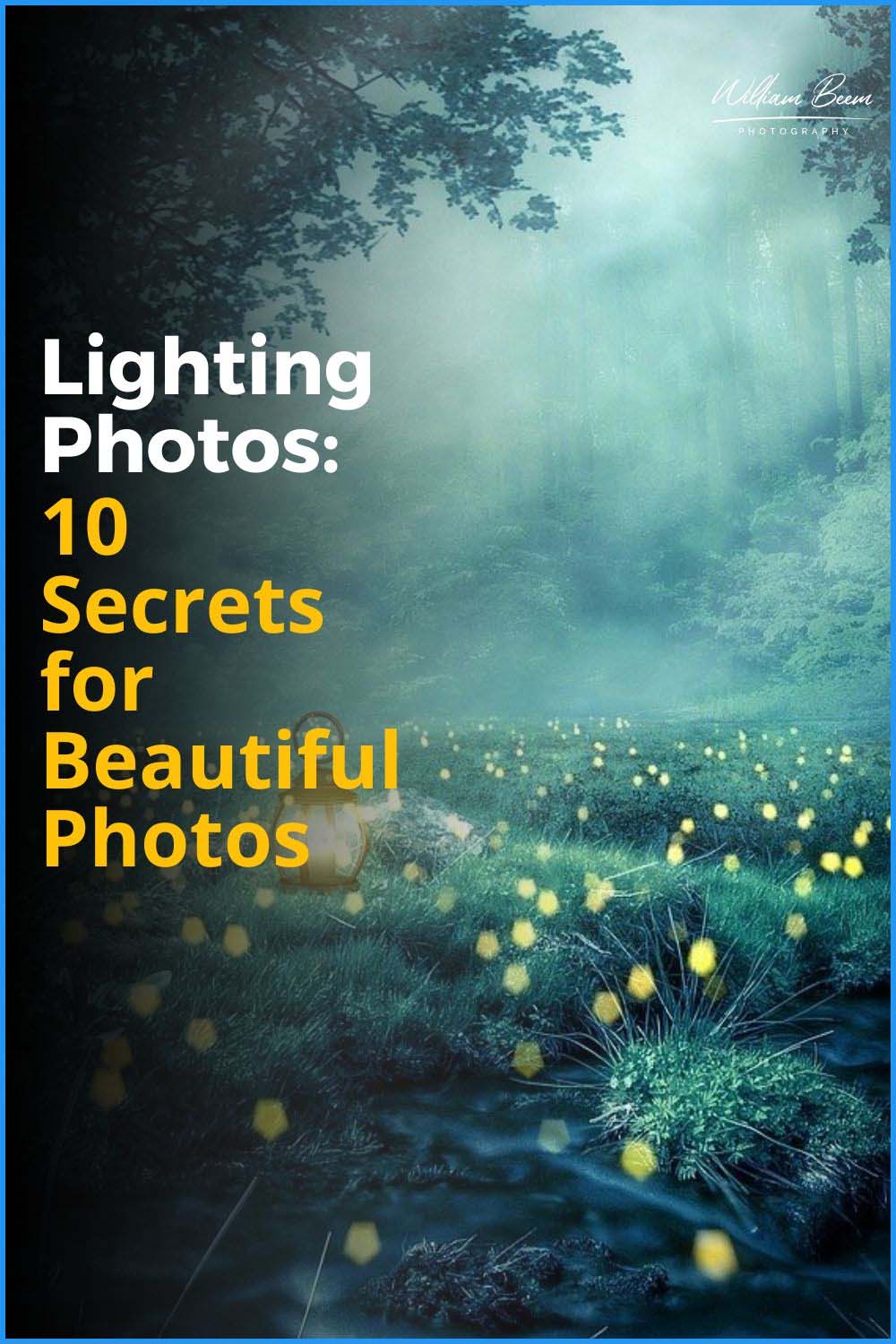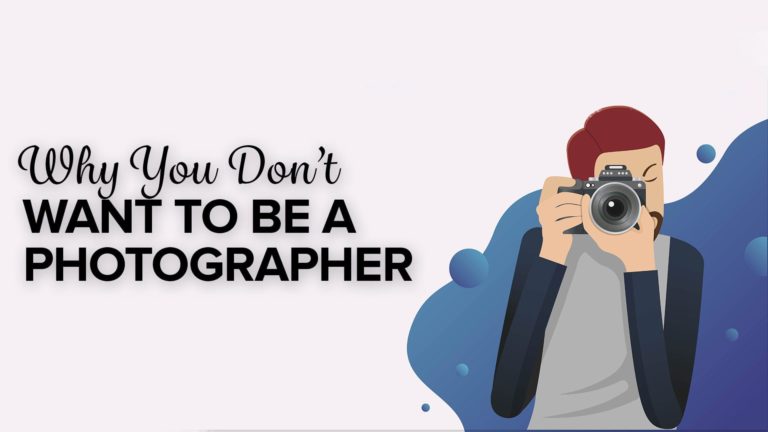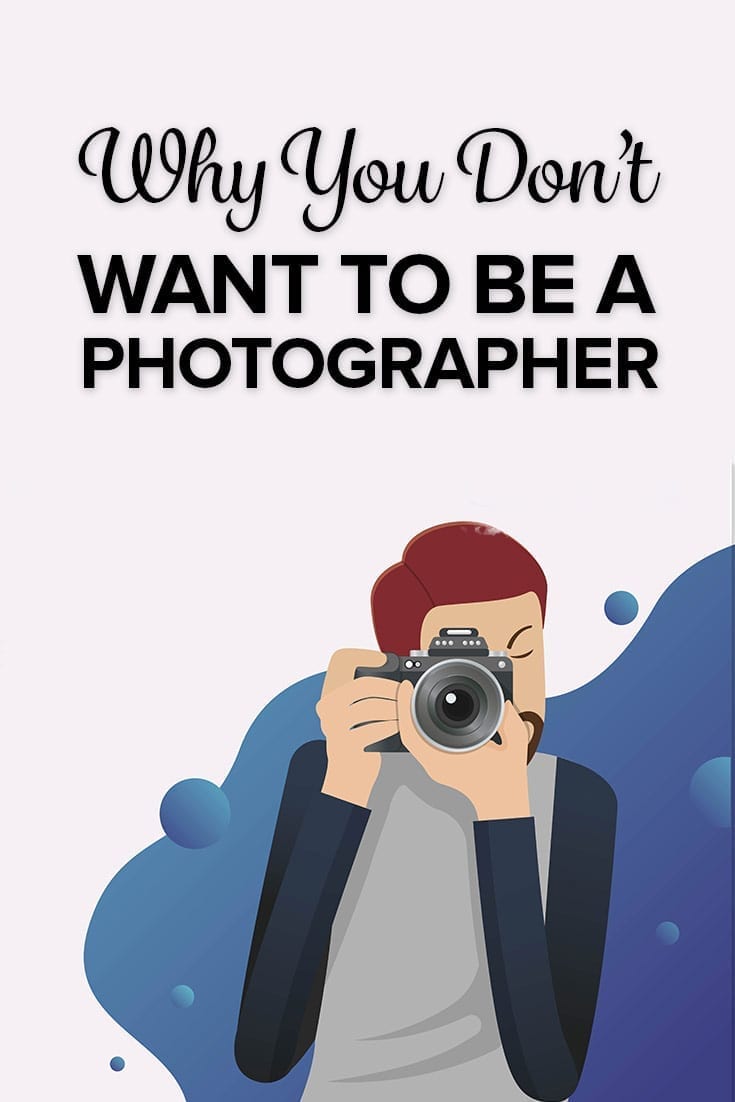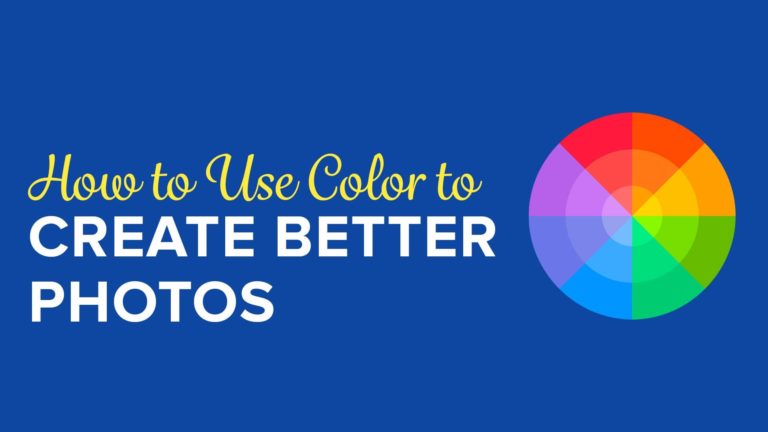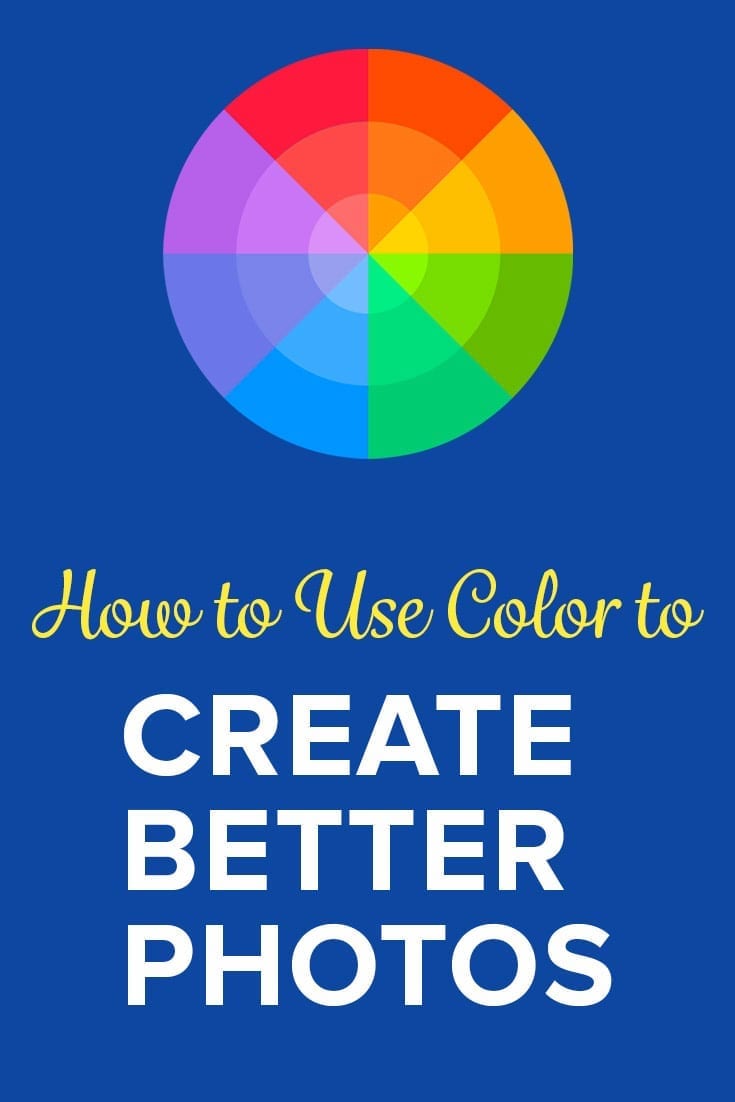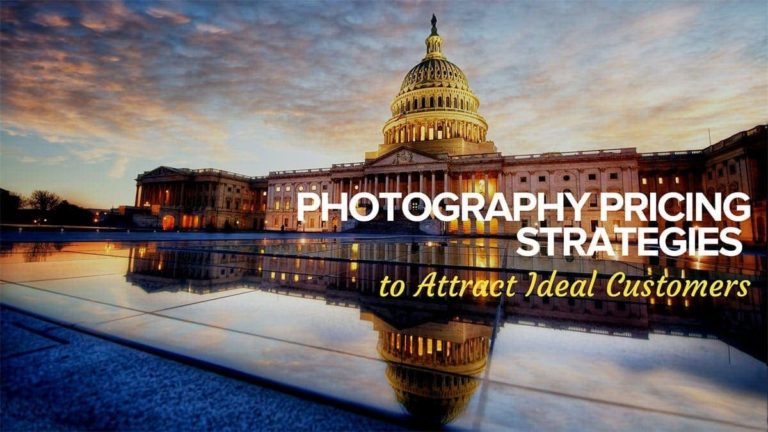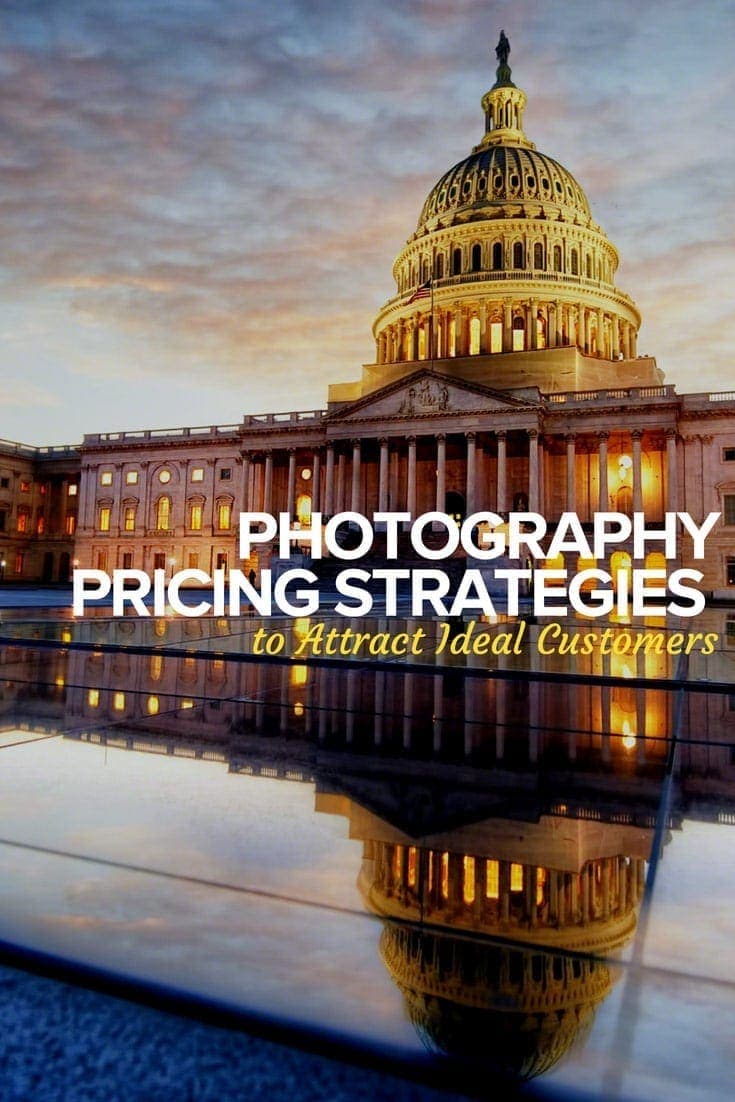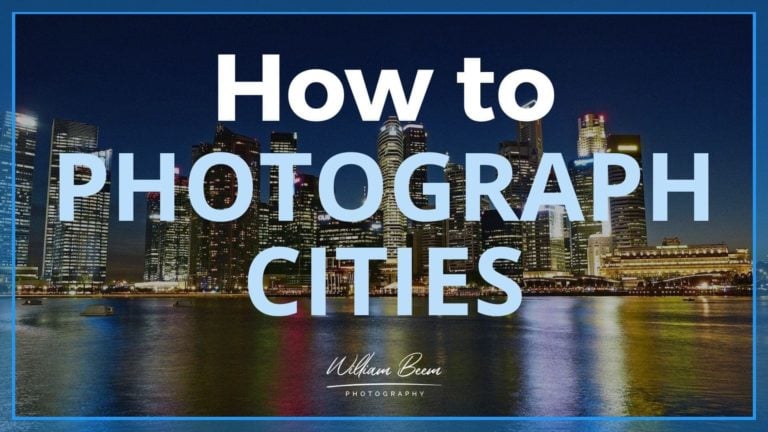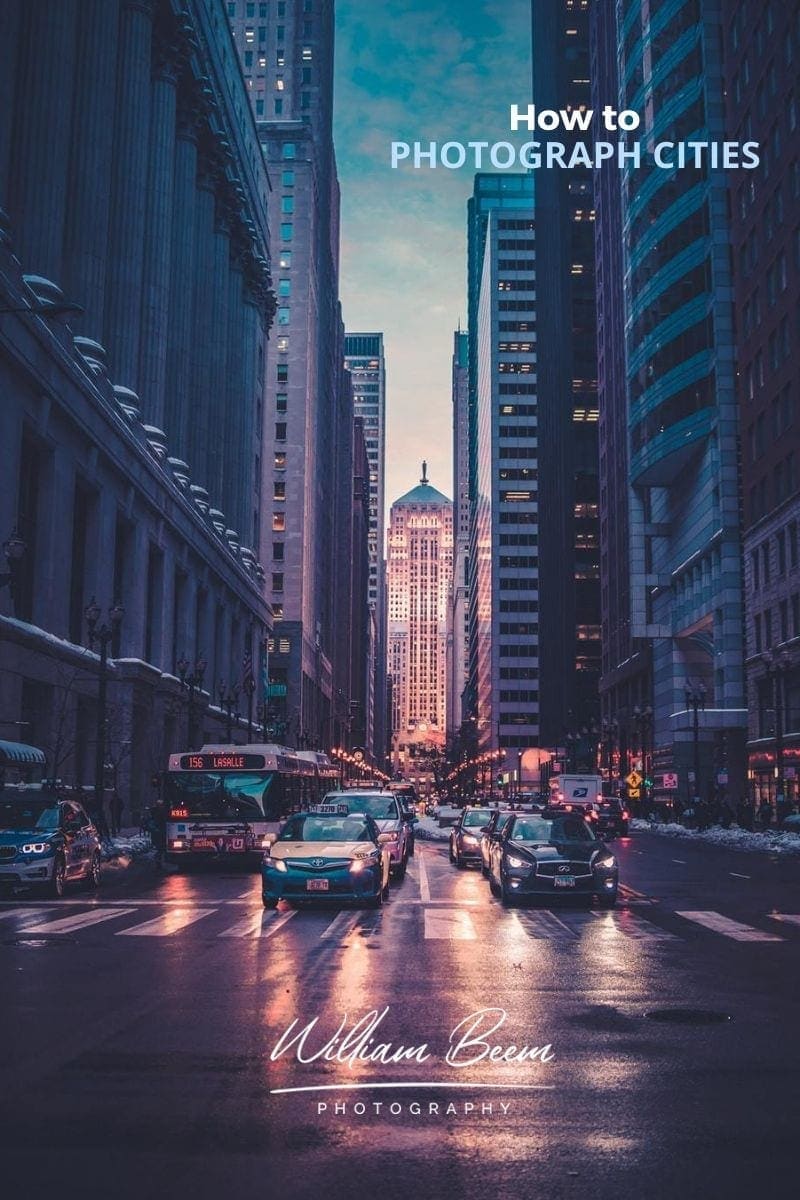Affiliate Disclosure: We earn a commission if you purchase through one of our links at no additional cost to you.
Talking about how to behave as a photographer was a tricky subject for us to tackle, but we felt it was important. The tricky part is that we didn’t want to sound condescending or as if we’re talking down to anyone.
However, we felt that this was important because the results can affect you as a photographer. We wanted to share our observations and experience with the hope that you can spare yourself some of the issues we’ve encountered.
What is Photo Etiquette?
Etiquette is simply the polite behavior in society or among members of of a profession. As photographers, we have to understand the general good manners of our society and also the particular behaviors and manners expected of us as photographers.
Of course, the problem is that nobody gives you a pamphlet about photo etiquette when you buy a camera.
Maybe that’s why we come across some encounters that were unintended, and others that are just plain bad manners from other photographers.
Just as there is no professional photography etiquette pamphlet, there’s no test to ensure you have basic good manners when you buy a camera.
I can’t hope to bring up every possible scenario where your photo etiquette comes into play, but I can give you our own basic principles to help you establish your own guidelines.
We would love to read your thoughts, suggestions and opinions in the comments.
Why Your Behavior Matters to Amatuers and Professionals Alike
I’m a big believer in the Pareto Principle. You may know it as the 80/20 rule.
20% of the input creates 80% of the results.
That means that life isn’t fair. Everyone wasn’t made equal, and we don’t all have the same results. Some photographers are better than others and produce a higher amount of great work. The same thing happens in most jobs, too. A few folks carry most of the weight.
Well, this also seems to work with behavior.
In my experience having been around hundreds, even thousands, or different photographers, I’d say that 80% of them are good people who don’t want to be a problem to anyone else.
It’s the 20% of them that are jerks who cause 80% of the problems.
How to Identify Poor Photo Etiquette
If I could pick one trait that identifies poor photo etiquette on a consistent basis, it’s selfishness.
Some people make mistakes that could be considered rude or poor etiquette, but I think those are mistakes due to a lack of experience. Once the photographer understands what’s wrong, the behavior gets corrected.
The 20% have a selfish motivation, and the behavior they exhibit reflects poorly upon all photographers.
Not everyone starts off this way. Yes, some people were jerks before they ever picked up a camera and they continue to be jerks with a camera. This article can’t help them because they’ll never admit any problem.
Others seem to rise in popularity and get a bit of an ego. I’ve noticed this behavior with some YouTubers whose attitude changed as their popularity increased. Somewhere along their way, they lost a sense of humility and also the etiquette that goes with it.
I’m not suggesting that photographers need to be meek, or perhaps there should never offend anyone. It’s OK if you stand for something you believe and others disagree. It’s even OK if you’re outgoing, outspoken and maybe even outlandish.
However, the problems begin with selfishness and sometimes they’re compounded by egotistical behavior. If you can keep your motivations in check, I think you’re on the right path.
Why This Affects All Photographers, Not Just Pros
The average person often doesn’t know the difference between a hobbyist and a professional photographer. More than once, I’ve received some unwanted attention because I had a “professional camera.” Mind you, these folks have no idea what they’re talking about.
It doesn’t matter, since it’s their perception of a “professional photographer” that defines their reality.
If the last person they encountered with a “professional camera” was a jerk, they are going to treat you like a jerk, too. Even if you’re just sitting still and waiting for a sunset.
We’re all in this together.
That means the behavior of one affects us all. Even if you just want to take a nice photo as a hobbyist of if you’re working on a job.
You know this is true. Look how people think of the paparazzi, even if they insist on seeing photos of celebrities on vacation or minding their own business. People think of paparazzi as the scum of the earth.
You could be out doing some street photography or on a group photowalk to see the results. We carry our big cameras around and just look different than everyone else.
So how are you going to handle the odd looks – with a snarl or a smile?
Why Your Online Behavior May Be More Important Than Your In-Person Behavior
If you’re rude in person, then the people around you know about your poor manners. If you’re rude online, then the whole world knows about it.
Worse, anything online never goes away. You could mend your ways, improve your behavior, and your old comments are still available for others to find.
We’ve seen this happen on the news. The director of the “Guardians of the Galaxy” movies was fired after some people dug up some of his old posts that were “less than professional.” Millions of dollars were at stake, and the man got canned shortly after his old behavior came back to bite him.
In this case, he ultimately got re-hired. However, there was a lot of pain and anguish for him, his friends and colleagues, and the Disney organization that’s footing the bill for the movies.
Some Photographers Are Mean To Each Other
We discussed this way back on episode 66 of The Photo Flunky Show.
Photography Forums: Why Are They So Mean to Visitors?
I think this is where some photographers just kill their own best interests. You may have seen some of this behavior, or been the target of it.
- Unsolicited critiques
- Rude, smug, superior behavior
- Always critical instead of helping others
- Bragging about their own results (not always deservedly so)
Who in the world would want to work with these folks, or help them when they need it? Their behavior may target other photographers, but it’s ultimately self-destructive.
Some Photographers are Inconsiderate of Their Subjects
I think this issue is just as likely to be due to a lack of experience as it is selfish behavior – particularly as you’re new to the field.
Imagine you’re a portrait subject. You’re already a bit nervous being on the other side of the lens. Any sort of concerns you have about your appearance or imperfections are rising to the top.
Now combine that with a lack of communication from the photographer.
Even worse, imagine the photographer is scowling at the results, or making grumbling sounds of dissatisfaction. You’re most likely going to think that you are the problem with the photos.
That may not be the case. In fact, it’s more likely that the photographer is unhappy with the lighting, the exposure or composition than anything the subject did. However, you feel awful because that’s the behavior the photographer gives you as feedback.
Part of photo etiquette is understanding how your subject feels. It’s also about being considerate to those around you.
There are times when we want to get a photo in a popular place. It’s very easy to get frustrated with people getting in your shot, but you have to remember something important.
They aren’t doing anything wrong. You’re the one in a public place doing something odd.
It All Goes Online
I’m a member of many photography groups. Some are managed better than others. The ones that include models routinely have posts warning other models of photographers to avoid.
These complaints aren’t always about a “GWC” (guy with camera) trying to date pretty models. They also range other types of inappropriate behavior or warn about creepy photographers.
Interestingly, they never warn about photographers who need more experience. There are no posts saying “Don’t shoot with this guy because he doesn’t know what he’s doing.”
People understand that photography is a craft that has a level of progression in skill and technique. That’s acceptable.
The thing that isn’t acceptable is inappropriate behavior.
Every bit of it gets reported online. Your reputation lives and breathes online. Anyone who wants to hire you or work with you, professionally or just as a hobby, is checking out your online reputation. If you misbehave in someone’s eyes, that information gets shared and becomes your reputation.
So What Do You Do?
We have a few recommendations. Some of these may seem a bit restrictive, particularly if you’re a hobby photographer. However, there’s a reason for all of them.
- Be Nice – It seems obvious, right? Everyone should be nice, whether as a photographer or not. However, you’re more than a photographer in a lot of situations. What we mean by be nice is that you should consider how your words and actions may be perceived by others around you. Avoid doing something to get the shot that may upset someone else. It just isn’t worth it.
- Get In and Get Out – Nobody likes the guest who overstays the welcome. Some photographers hog position or hang around too long. This is particularly true at events when other people just want to have fun. Get in, get your photos, and get out of the way.
- Prepare in Advance – Not only does this help you get in and get out, it also keeps you from being a bumbling fool in front of others. Plan your photo sessions before you arrive at a location. If you just show up and wing it, you run a big risk of becoming annoying to others.
- Say Thank You – This goes along with “Be Nice”, but we wanted to call it out. Just using this little phrase can calm a lot of nerves. Sometimes event photography or dealing with people in the public can get a bit tense. Show them some respect and courtesy. Let people know that you respect them. It can save a lot of hassles.
Bonus point – Don’t touch people you don’t know. This is particularly true when dealing with models. I know some photographers recommend that you intentionally touch your model to break the ice.
Bad idea.
People value their personal space and resent strangers who violate it. After you get to know a person, maybe it’s OK to give them a hug or brush some hair away. That’s something that depends upon your relationship with the person.
There are some models I’ve worked with several times who will come up and give me a big hug when we meet. There are also models who don’t and we’ve never even had a handshake.
Everyone has their own boundaries.
It doesn’t mean that I have a bad relationship with the latter models. If we didn’t have a good relationship, we wouldn’t work together multiple times. It’s just that everyone has their own way of dealing with personal space.
The Number One Question You Need to Ask Yourself Before Presenting Yourself as a Photographer
I think that your frame of mind directs your behavior. If you’re in a bad mood, you may not be on your best behavior. Surprisingly, being in a good mood can sometimes be just as dangerous. You may start touching people in a friendly manner and THEY are in a bad mood.
The best approach is to ask yourself one question to help you determine your appropriate behavior.
How would I behave if I were the best at what I do?
As a photographer – amateur or professional – you’re always on stage. You may be behind the camera, but everyone is watching you. They’re all paying attention to you.
What do you want them to see?
If you could define your reputation, what would it be? How would you behave in order to secure that reputation, both in person and offline?
By the way, you can and do define your reputation. Sometimes without thinking. So give it some thought and start creating the reputation that you want and deserve.
It’s not as hard as you think.
Subscribe to I Like Your Picture
Thank you for listening to The Photo Flunky Show. Make sure you get every episode by subscribing.
iTunes – https://williambeem.com/itunes

